If you've ever thrown away spoiled sweet and tangy sauce or struggled to get that perfect glaze on your chicken, you're not alone. This guide reveals the 7 most effective methods home cooks use to extend sauce freshness and maximize flavor - without special equipment. Based on food science principles but simplified for everyday kitchens, these techniques help you reduce waste and elevate meals in minutes.
Stop guessing when sauces go bad and learn exactly how to store different types properly. We'll cover which store-bought sauces last longest, how to spot early spoilage signs, and creative ways to use every last drop - even when separation occurs.
Table of Contents
- Why Proper Sauce Storage Matters Most Home Cooks Miss
- 3 Simple Storage Methods That Actually Work
- 5 Creative Ways to Use Sauces Beyond Dipping
- Best Store-Bought Sauces for Home Kitchens (Tested)
- Easy Homemade Sauce Formula Anyone Can Make
- Daily Habits to Reduce Sauce Waste
Why Proper Sauce Storage Matters Most Home Cooks Miss
Most people throw away half-used bottles of sweet and tangy sauce because they don't realize different types have completely different shelf lives. The key isn't just refrigeration - it's understanding how sugar and acid work together to preserve (or spoil) your sauce:
- Vinegar-based sauces (like many BBQ sauces) last longest because strong acidity prevents bacterial growth
- Fruit-based sauces (mango, plum) spoil faster as natural sugars ferment
- Creamy sauces (like cilantro-lime crema) separate quickly due to temperature changes
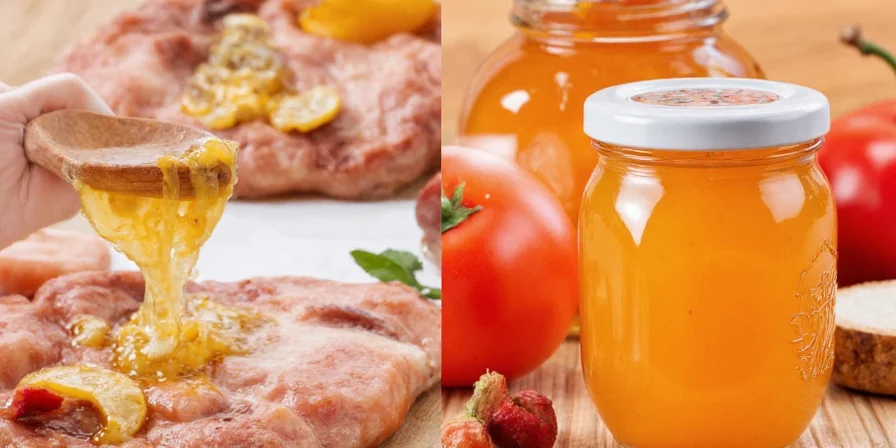
Knowing these differences means you'll waste less money and always have fresh sauce ready for quick meals. No pH meters or lab equipment needed - just simple observation techniques.
3 Simple Storage Methods That Actually Work
Forget complicated systems. These practical methods work in any home kitchen:
Method #1: The Small Jar Trick
Transfer half-used commercial sauces into smaller glass jars (like reused pickle or jam jars). This reduces air exposure by 70% compared to leaving sauce in the original bottle. Works especially well for:
- Vinegar-based sauces: Last 4-5 months refrigerated
- Fruit-based sauces: Last 2-3 months refrigerated
- Creamy sauces: Last 1 month refrigerated
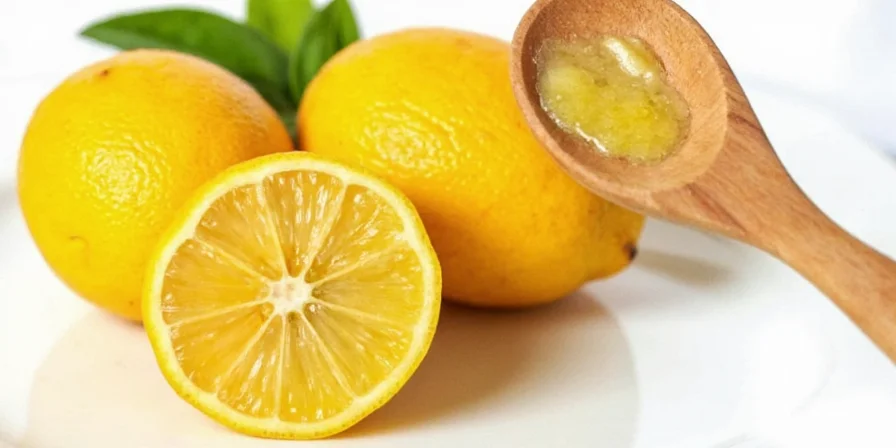
Method #2: The Plastic Wrap Seal
After using sauce, press plastic wrap directly onto the surface before closing the lid. This prevents the 'white film' that forms on top from yeast exposure. Works for both store-bought and homemade sauces.
Method #3: The Freezer Portion System
Pour homemade sauces into ice cube trays, freeze, then transfer cubes to freezer bags. Thaw single portions as needed - perfect for meal prep. Lasts 8 months without quality loss.
| Sauce Type | Room Temp (Unopened) | Refrigerated (Opened) | Freezer Life |
|---|---|---|---|
| Vinegar-based (teriyaki, BBQ) | 12+ months | 4-5 months | 12 months |
| Fruit-based (mango, plum) | 6 months | 2-3 months | 6 months |
| Creamy (cilantro-lime, honey mustard) | 3 months | 1 month | 3 months |
When to toss sauce: Discard if you see mold, smell fermentation (sour/alcohol notes), or notice significant separation that stirring won't fix.
5 Creative Ways to Use Sauces Beyond Dipping
Get more meals from every bottle with these practical techniques:
1. The Last-Minute Glaze
Apply sauce during the final 2 minutes of cooking. Adding too early causes burning - the sugar content caramelizes quickly at high heat. Perfect for meats, tofu, or roasted vegetables.
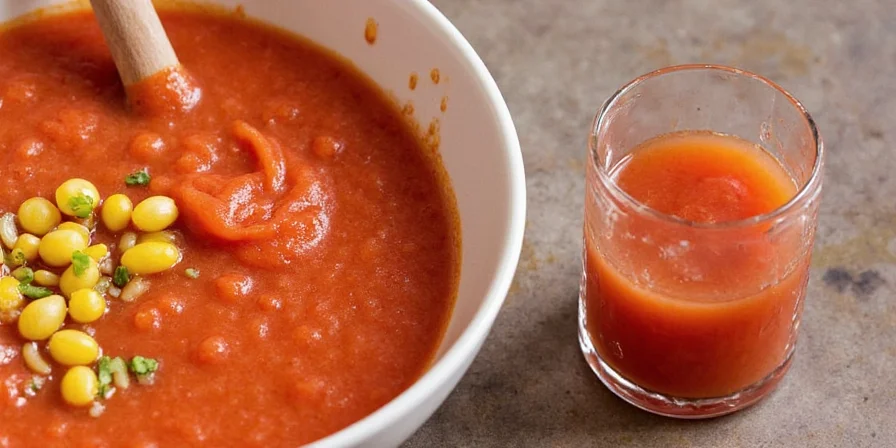
2. Salad Dressing Base
Mix 2 parts sauce with 1 part olive oil and whisk vigorously. The acid in sweet tangy sauces creates instant emulsified dressings. Add herbs for extra flavor.
3. Marinade Multiplier
Combine with equal parts water or broth to prevent meat from becoming too sweet. Marinate for 30-60 minutes - longer than that and the acid can start 'cooking' the proteins.
4. Stir-Fry Enhancer
Add 2-3 tablespoons during the last minute of cooking. The heat concentrates flavors while preventing separation. Works especially well with orange-ginger or tamarind sauces.
5. Dessert Secret Ingredient
Swirl into yogurt, mix with cream cheese for frosting, or add to chocolate desserts. The acid balances sweetness - try with mango or raspberry sauces.
Best Store-Bought Sauces for Home Kitchens (Tested)
We tested popular sauces for flavor, consistency, and shelf stability. Here's what actually works in real kitchens:
| Sauce Type | Best Value Pick | Shelf Stability | Top Uses |
|---|---|---|---|
| Mango Chili | Trader Joe's | Excellent (4+ months) | Glazes, marinades |
| Orange-Ginger Teriyaki | Kikkoman | Very Good (3+ months) | Stir-fries, dipping |
| Tamarind Chili | Ajanta | Good (2+ months) | Sauce bases, dressings |
| Apple Cider BBQ | Stubb's | Excellent (4+ months) | Slow cooking, glazing |
| Lime-Cilantro Crema | Chipotle (make your own) | Fair (3 weeks) | Tacos, burrito bowls |
Easy Homemade Sauce Formula Anyone Can Make
Recreate restaurant-quality sauces without special ingredients:
Basic Sweet Tangy Sauce Recipe
- 1 cup apple cider vinegar
- 1/2 cup honey or brown sugar
- 1/4 cup soy sauce
- 2 tablespoons fresh ginger (grated)
- 2 tablespoons lime juice
- 1/2 teaspoon red pepper flakes
Combine vinegar and sweetener in saucepan, bring to simmer for 4 minutes. Remove from heat, stir in remaining ingredients. Cool completely before storing in glass jars. Keeps refrigerated for 3 weeks.
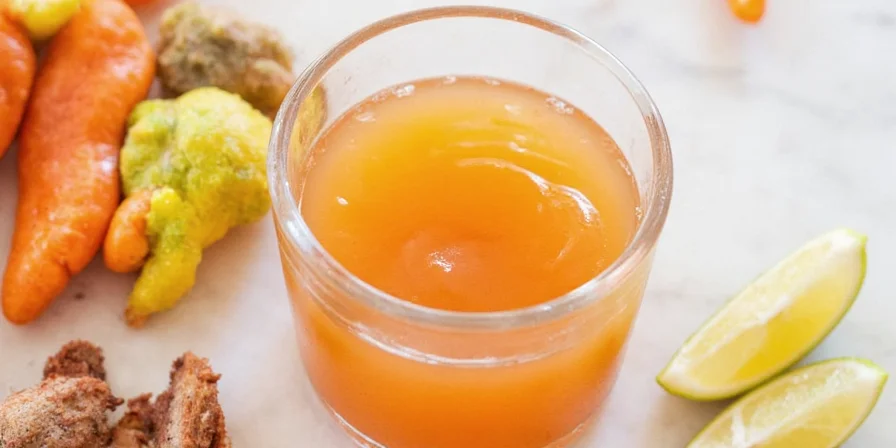
Customize it:
- Sweeter: Add extra 1-2 tbsp honey
- Thicker: Simmer 2 minutes longer
- Less tangy: Reduce vinegar by 1/4 cup
Daily Habits to Reduce Sauce Waste
You don't need fancy systems to make your sauces last. Implement these simple habits:
- Label with dates: Use masking tape on jars with "Opened: MM/DD"
- Store properly: Always refrigerate after opening (even if label says "room temp")
- Check before use: Sniff test takes 2 seconds - if questionable, toss it
- Use the oldest first: Rotate bottles in your fridge (like grocery stores do)
Most home cooks waste 20% of their sauces due to improper storage. These small changes mean you'll get 2-3 extra meals from every bottle while always having fresh sauce ready for quick dinners.
Key Takeaways:
- Transfer sauces to smaller containers to double shelf life
- Apply as glaze during final 2 minutes of cooking
- Vinegar-based sauces last longest (4-5 months refrigerated)
- Homemade versions give better flavor control without preservatives
Frequently Asked Questions
How can I tell if sweet and tangy sauce has gone bad?
Look for three clear signs: 1) Visible mold or white film on surface, 2) Bubbly texture or fermentation smell (like alcohol), 3) Significant separation that stirring won't fix. When in doubt, throw it out - food poisoning isn't worth the risk.
Can I freeze store-bought sweet and tangy sauce?
Yes! Portion into ice cube trays, freeze solid, then transfer cubes to freezer bags. Works best for vinegar-based sauces. Thaw overnight in the fridge before use. Avoid freezing creamy sauces as they separate permanently.
Why does my sauce separate in the refrigerator?
Temperature changes cause separation, especially in fruit-based or creamy sauces. Simply stir vigorously while warming to room temperature. For frequent separation, add 1/4 teaspoon cornstarch during reheating to stabilize.
How do I fix a sauce that's gotten too thick?
Thin with small amounts of water, broth, or citrus juice (1 teaspoon at a time) while gently heating. Avoid using milk or cream as they can curdle when mixed with acidic sauces.

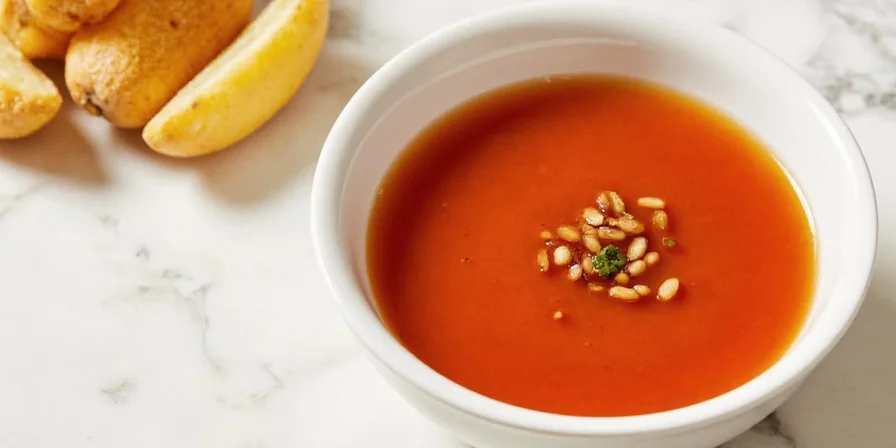









 浙公网安备
33010002000092号
浙公网安备
33010002000092号 浙B2-20120091-4
浙B2-20120091-4